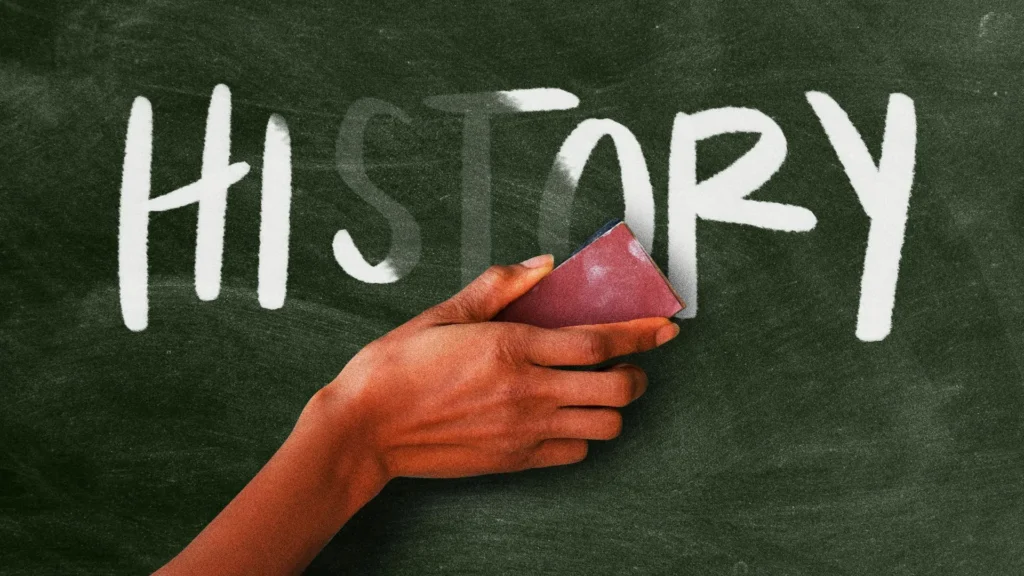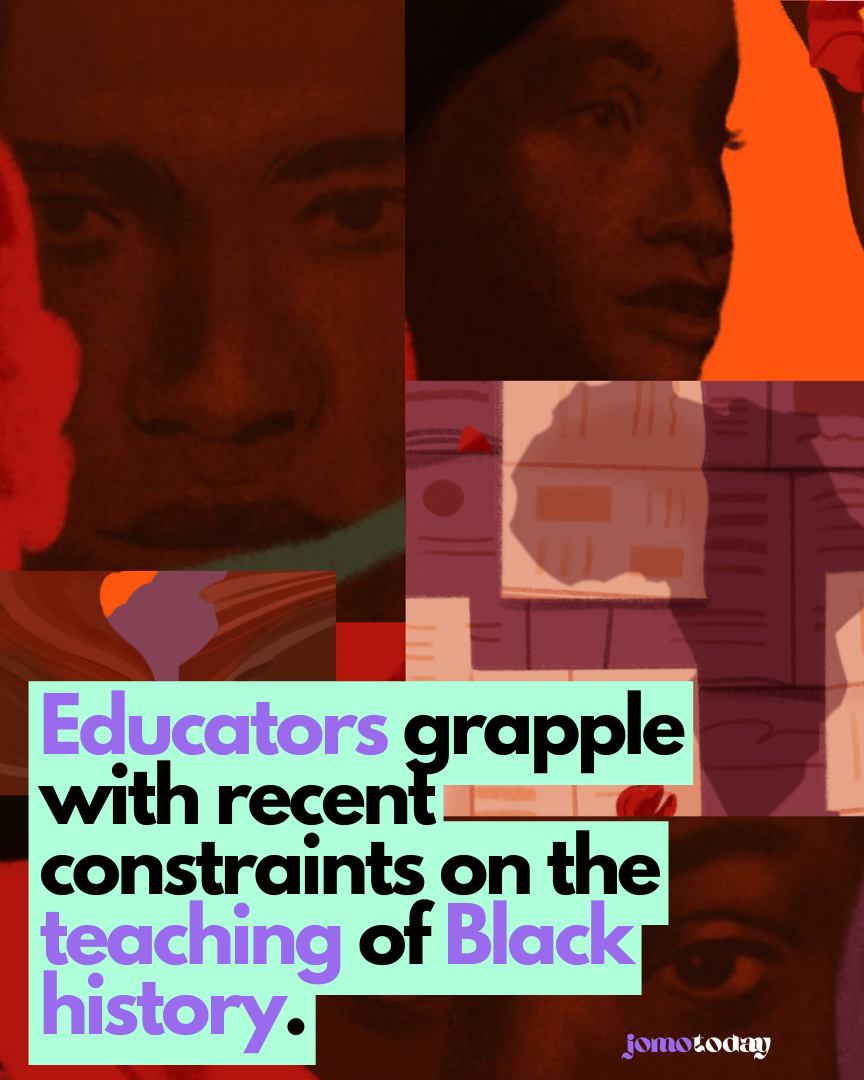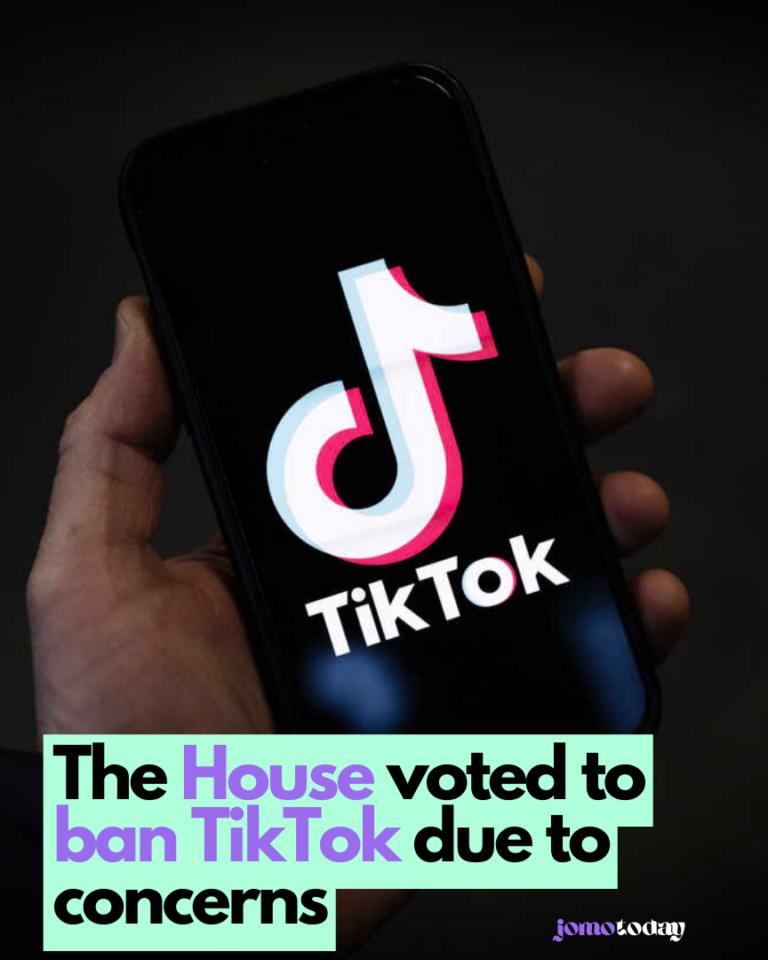Today, schools and universities are commencing Black History Month amidst educators grappling with growing restrictions on discussions about racism and history.

New laws in around 14 states, along with proposed restrictions in 30 states, are prompting teachers to avoid discussing the racism faced by important figures in Black history. Florida, led by Governor Ron DeSantis, has been particularly assertive in limiting the teaching of certain racial concepts. In 2022, DeSantis signed legislation aimed at preventing the discussion of topics related to race, national origin, or sex that might cause discomfort to students, labeling such discussions as discriminatory.
Furthermore, the Florida State Board of Education altered its rules in 2021 to prohibit the teaching of materials that “distort historical events.” This ban encompasses resources like The New York Times Magazine’s “The 1619 Project,” which has drawn criticism from conservatives for its portrayal of Jamestown as the starting point of the U.S. slave trade, viewed by some as an affront to America’s founding narrative. Texas has implemented a similar ban.
The caution among teachers during Black History Month stems from policies that restrict discussions on slavery and racism, according to Crystal Etienne, a middle school civics teacher in Miami-Dade County, Florida. She expressed concern about how to teach the end of slavery and the 13th Amendment without addressing the atrocities of slavery.
Miami-Dade schools provided teachers with readings and lesson plans that align with state standards, but many educators are hesitant to use them due to fear of violating new laws.
Etienne endeavors to incorporate Black history into existing curriculum, but she noted that some teachers avoid doing so to avoid repercussions. She emphasized the reluctance among teachers, highlighting the fear of termination.
Despite this, Etienne appreciated that the approved lesson plans recognize the contributions of African Americans to the arts, which she found to be a positive aspect.
Broadly, the limitations on discussing racism and Black history emerged from efforts to oppose Critical Race Theory (CRT) in various communities nationwide.
Critical Race Theory (CRT), which posits that racism was inherent in the nation’s founding and permeates its legal, financial, and educational systems, is rarely included in public school curricula, particularly at the elementary level. Nonetheless, there has been a proliferation of bans on teaching CRT across the country, leading lawmakers to impose broad restrictions on educators. Elementary school teachers, administrators, and college professors have faced threats of physical harm, fines, or termination based on often unfounded allegations of teaching CRT.
These bans are resulting in a significant disparity in how students learn about Black history nationwide, according to Sharif El-Mekki, founder and CEO of the Center for Black Educator Development, who told Axios that while students in Philadelphia may receive comprehensive lessons on civil rights leaders, those in Georgia might only hear about Hank Aaron breaking Babe Ruth’s home run record without discussing the racism Aaron encountered. El-Mekki remarked that these bans essentially compel teachers to mislead students by acknowledging figures like Hank Aaron and Jackie Robinson without acknowledging their Black identity.
Read More: The Color Purple stars ‘want to make Oprah Winfrey proud’






Leave a Comment